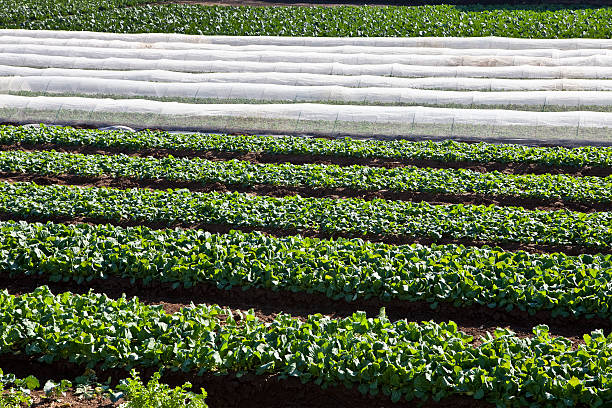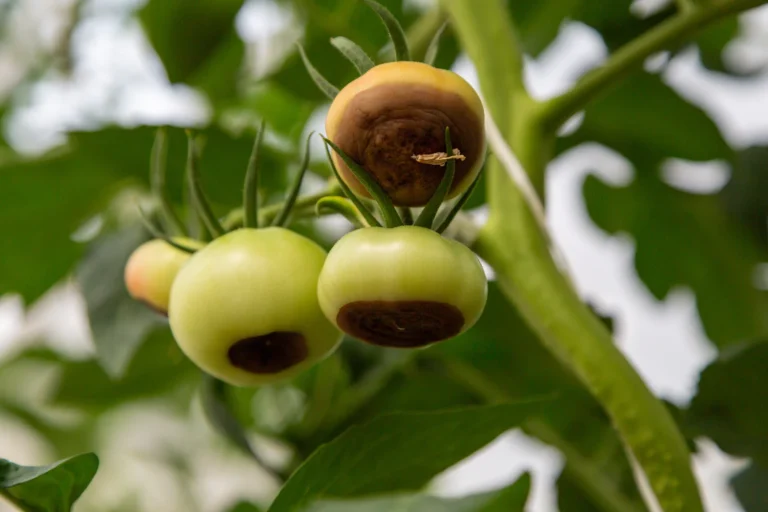20+ Inspiring and Free Gardening Documentaries
Table of Contents
Genetic Roulette
Genetic modification of crops has become a hotly debated topic in recent years, with concerns about the potential risks and benefits associated with altering the genetic makeup of our food. The practice of genetically engineering crops involves inserting genes from one organism into another to confer desirable traits, such as resistance to pests or herbicides. Proponents argue that this technology can help address food security issues and improve crop yields, while critics express worries about potential environmental and health impacts.

The concept of genetic roulette refers to the unpredictable nature of genetic modifications and the potential unforeseen consequences that may arise from altering the DNA of plants. Despite rigorous testing and regulation, there is still a level of uncertainty surrounding the long-term effects of genetically modified crops on biodiversity, ecosystems, and human health. As we continue to navigate the complex landscape of biotechnology in agriculture, it is crucial to approach these advancements with caution and thorough consideration of the potential risks and benefits they may bring.
What are some potential risks of playing genetic roulette?
Some potential risks of playing genetic roulette include the unintended spread of genetically modified organisms into the environment, the loss of biodiversity, and the potential impact on human health from consuming genetically modified foods.
How does genetic roulette impact small-scale farmers?
Genetic roulette can have a detrimental impact on small-scale farmers by forcing them to rely on patented seeds from biotech companies, increasing their costs and reducing their independence.
Are there any regulations in place to monitor genetic roulette?
While some countries have regulations in place to monitor the use of genetically modified organisms, there are still gaps in regulation and enforcement that allow genetic roulette to continue unchecked in many parts of the world.
Can genetic roulette lead to unintended consequences?
Yes, genetic roulette can lead to unintended consequences such as the development of superweeds and superbugs that are resistant to genetically modified crops, as well as the contamination of non-GMO crops with GMOs.
How can consumers avoid the risks of genetic roulette?
Consumers can avoid the risks of genetic roulette by choosing organic and non-GMO products, supporting local farmers who practice sustainable agriculture, and advocating for stronger regulations on genetically modified organisms.

Pallavi Gupta is a burgeoning writer at SouthElMonteHydroponics, blending her passion for data analysis with a keen interest in biotechnology. Currently pursuing a Bachelor’s in Biotechnology at Amity University, Pallavi delves into the intricacies of life sciences while gaining hands-on experience in the exciting world of data analysis. Her unique background provides a fresh perspective on hydroponic farming, as she explores the intersection of biotechnology and sustainable agriculture. Through her writing, Pallavi aims to bridge the gap between data-driven insights and innovative farming practices, inspiring others to harness technology for a greener future.






